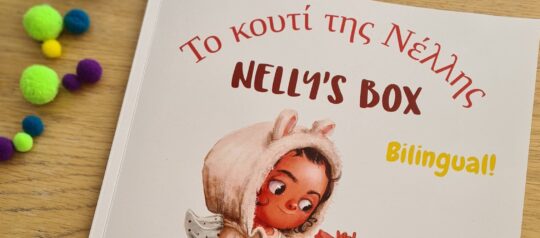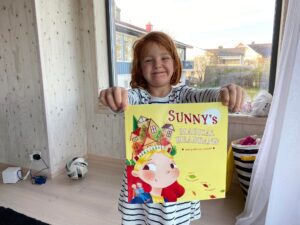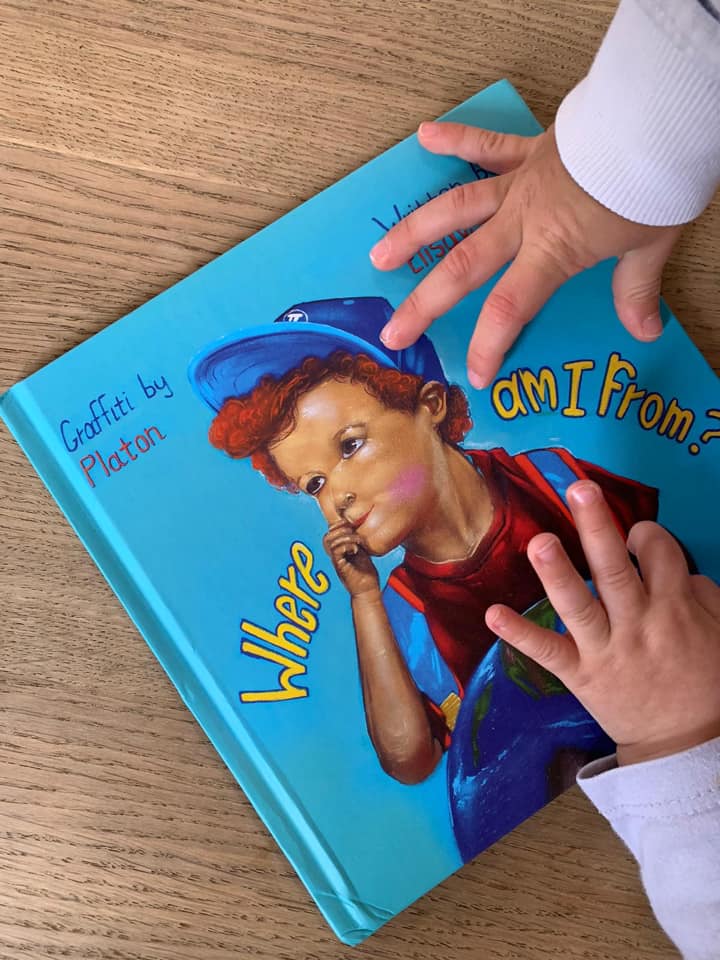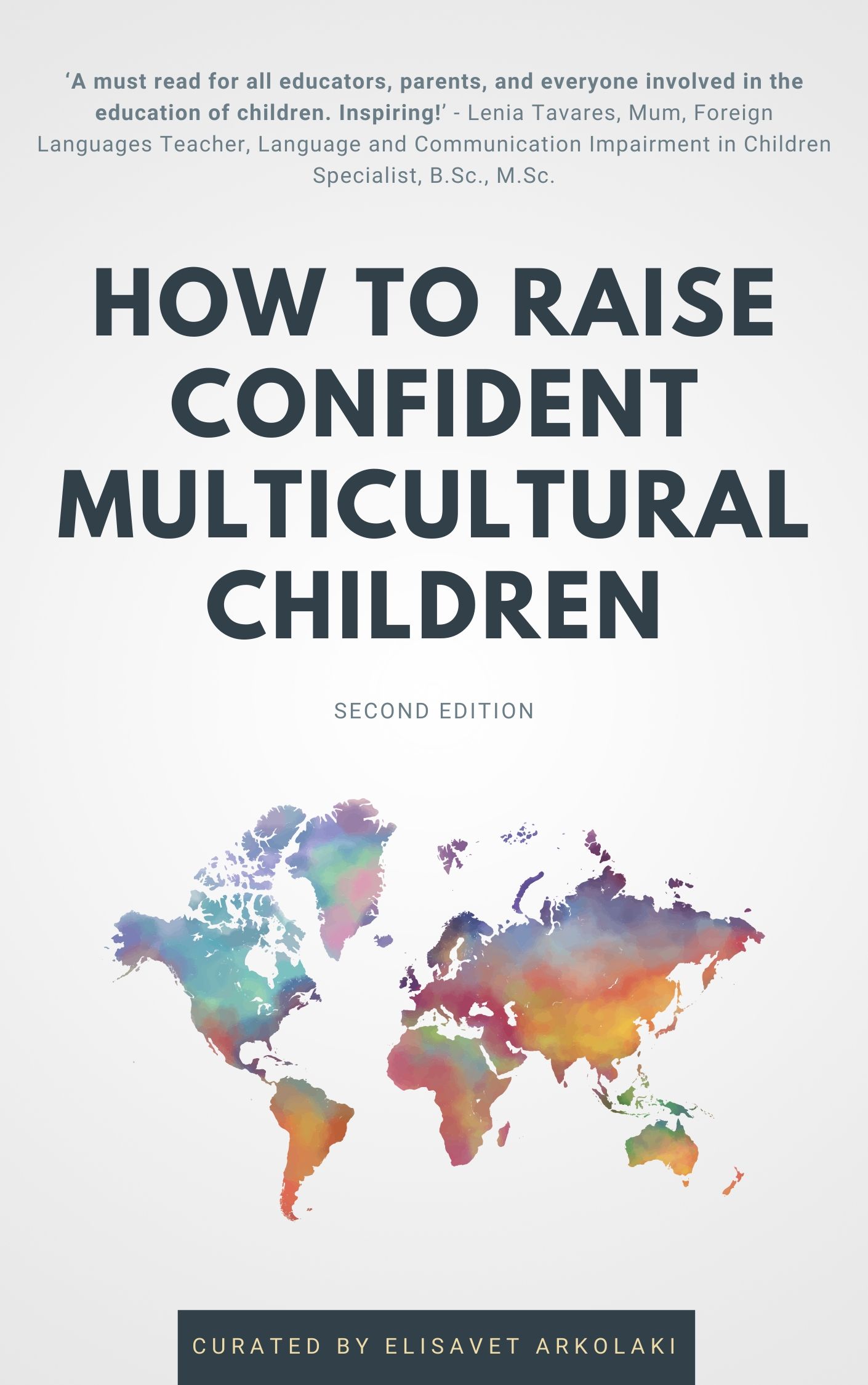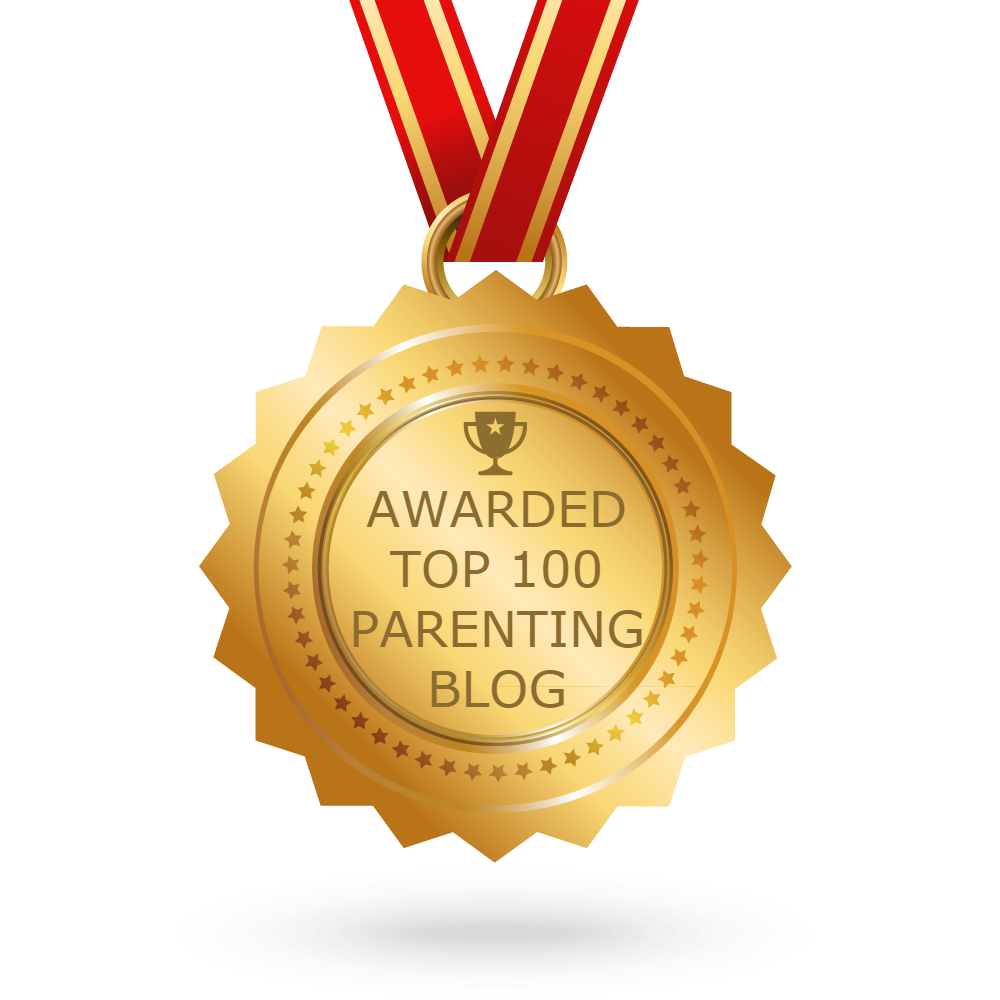Just got published! Hypatia: The story of a female philosopher, astronomer, and mathematician

Hi everyone, I hope you’re doing well ![]() .
.
With this email, I’d like to let you know that “Hypatia“, a new biographical children’s book has just been published by the authors Sophia Zoraki and Stamatis Papadakis, illustrated by Nikos Yanopoulos. I had the pleasure of editing the book in the original Greek version, and then it was professionally translated into English by Millie Slavidou, a British linguist.
This book resulted from the authors’ work as members of the ScratchJr-CAL SIG and the Boston College, Devtech Research Group. There have been a lot of discussions on how to present the story in a historically accurate but also child-friendly manner, and we hope that you will love her story and that it will inspire both girls and boys. Nikolaos Pagonis wrote the foreword and did the historical editing.
We hope her story will inspire your little ones as they will get to see what girls are capable of when given the same tools and access to education as boys. Her story can also act as a cautionary tale against fanaticism.
You can find it on all Amazon stores. Here’s the link to the USA store.
The eBook can be read for free with Amazon’s KU subscription. Reviews are greatly appreciated.
About Hypatia
Hypatia was an intellectual woman who lived long ago in Alexandria
Born around the year 360, Hypatia was a female Greek philosopher, astronomer, and mathematician who went completely against the norms of the time, yet gained tremendous respect for her great mind and accomplishments. The official language of her city was Latin. However, in their everyday lives, people spoke Greek and Coptic. As Hypatia grew up, it became more and more apparent what an intelligent and special girl she was.
A renowned philosopher, mathematician, and astronomer
Hypatia wrote in and spoke Greek, which was the language spoken by educated people across the Eastern Mediterranean. In those years, education was a privilege for boys, while girls stayed at home and learned how to care for the house. Only rich girls could be educated, as long as their families allowed them to be. Hypatia’s father, Theon the scientist, supported her education wholeheartedly.
Hypatia traveled, lived, and studied in other countries
When she completed her studies in Alexandria, Hypatia moved to Athens, Greece, which was famous for its “schools”, the universities of the day. At these schools, she was taught Mathematics and Philosophy, and she also studied the works of great Greeks. Then she moved on to Italy where she continued her studies in Philosophy, Mathematics, and Astronomy.
Her legacy lives on today
Once back home, Hypatia used all her knowledge to build great and useful things, like inventing a machine that cleaned water through distillation. She also taught male students, and with no fear of others’ criticism, discussed ideas that were revolutionary at the time. In a field dominated by men, she was remarkably admired, looked up to, and respected: a true symbol of feminism. Hypatia died in the name of what she loved the most which is the pursuit of knowledge.
****************************
A bilingual English-Greek edition was also published and it would make a great gift for kids learning both these languages.

I wish you all a lovely holiday ahead and to enjoy some relaxing time with your loved ones <3.
Category: Bilingual Books

